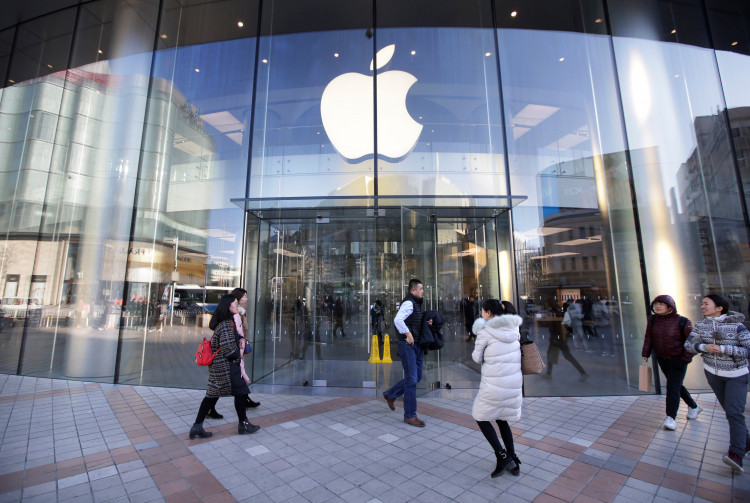Following the release of the Chinese court ruling, some Apple products are expected to be banned in China. The ban will be imposed after a Chinese court sided with Qualcomm over alleged patent infringements. In order to resolve this issue, Apple China announced that it will release a software update.
In a statement sent to the Reuters, Apple said that it will roll out software updates by the start of next week. The tech giant added that this software update aims to "address any possible concern about our compliance with the order."
Last week, Qualcomm confirmed the ruling of the Chinese court. The semiconductor company added that the court had ordered a ban on sales against some older Apple iPhone models. The ban was ordered as Apple was found guilty of violating two of Qualcomm's patents. Despite this massive victory for Qualcomm, some intellectual property lawyers believe that the ban will take a lot of time to be completely imposed.
Qualcomm's case against Apple is part of a bigger global patent dispute between the two companies. Among those included in this legal dispute are about dozens of lawsuits. Many market analysts have said that these lawsuits will bring uncertainty over Apple's grip on the smartphone market in China which some say is among the biggest in the world. Moreover, a decline of demands for new iPhone models is also hurting Apple's shares.
In a statement, Qualcomm said that the Fuzhou Intermediate People's Court in China have found out that Apple violated two of its patents. As a result, the court ordered to ban sale on older iPhone models. Among those confirmed to be included in the ban are Apple iPhone 6S and the iPhone X models.
Following the ruling, Apple said that all of the company's phone models are still on sale in mainland China. The American tech giant added that it had already filed a request for reconsideration with the court. As of this writing, all of Apple's iPhone models are still available for purchase on the company's Chinese website.
Qualcomm, which is the world's biggest supplier of microchips for mobile devices, filed its lawsuit against Apple in 2017. The company claimed that Apple infringes its patents on features that are related to photo resizing and app management on a touchscreen.





